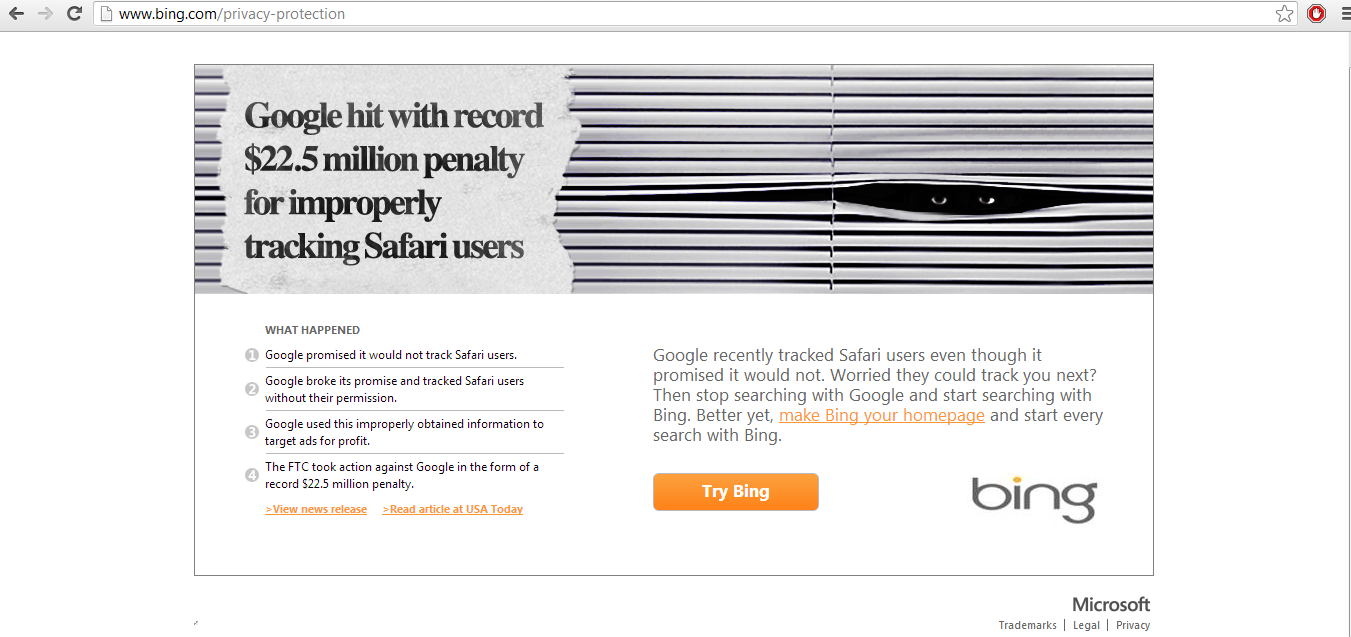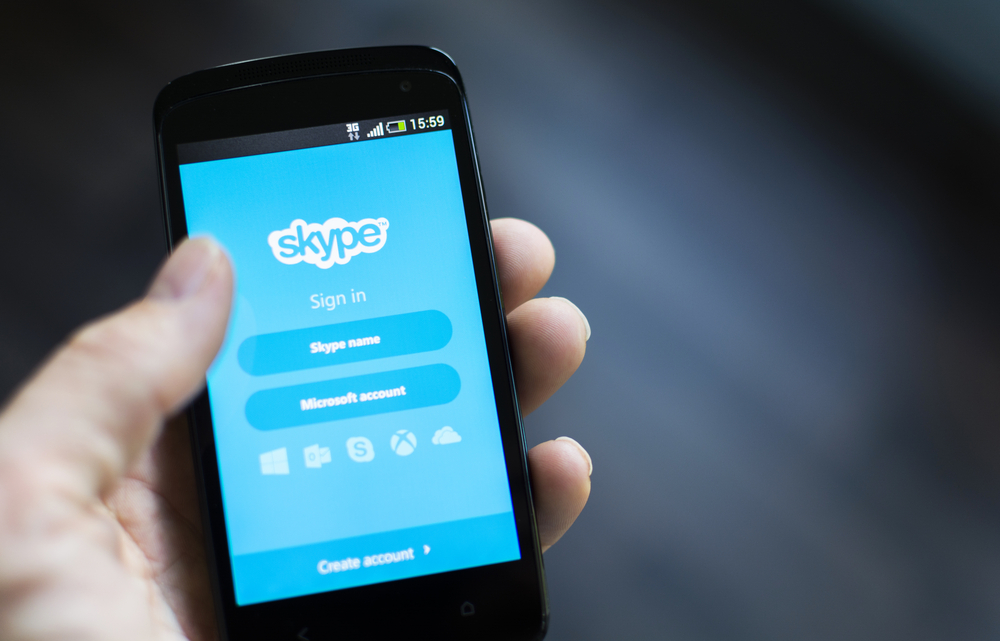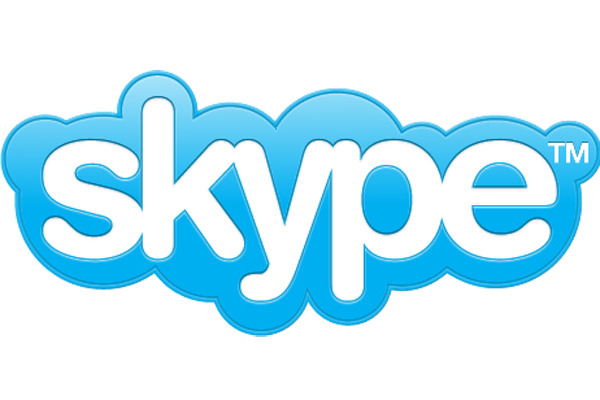Microsoft ordered to clarify Skype privacy fears
Privacy advocates want Microsoft to publish transparency reports detailing government requests for personal data.
Microsoft has been urged to clarify how often information from Skype is shared with government agencies when they make requests.
Privacy advocates have issued an open letter to the president of Skype, a chief privacy officer at Microsoft and also the firm's general counsel.
One of the main requests is for Microsoft to release regular transparency reports, which other firms such as Google and Twitter already provide.
In the proposed transparency reports, Microsoft is asked to declare the number of governments that have requested data from Skype, the type of data which has been requested and to provide a breakdown of requests that were complied with or rejected.
The letter also wants details about all user data Microsoft and Skype currently collects and its retention policies.
Currently, Microsoft provides limited information to users about how exactly data from Skype is used in its privacy policy.
The document does state that Skype, its local partners or any operators facilitating the transfer of communication may pass on personal data, communications content and/or traffic data to relevant authorities if they request it.
Get the ITPro daily newsletter
Sign up today and you will receive a free copy of our Future Focus 2025 report - the leading guidance on AI, cybersecurity and other IT challenges as per 700+ senior executives
"Skype will provide reasonable assistance and information to fulfil this request and you hereby consent to such disclosure," the privacy policy states.
In terms of the storage of information, the policy notes that IMs, voicemail, and video message content are stored to help synchronise messages and allow users to view their history.
"Depending on the message type, messages are generally stored by Skype for a maximum of between 30 and 90 days unless otherwise permitted or required by law. This storage facilitates delivery of messages when a user is offline and to help sync messages between user devices," the policy added.
Microsoft has acknowledged that it is looking into the request, but it remains to be seen whether any such reports are forthcoming.
"We are reviewing the letter. Microsoft has an ongoing commitment to collaborate with advocates, industry partners and governments worldwide to develop solutions and promote effective public policies that help protect people's online safety and privacy," a Microsoft spokesperson said in a statement.
Ironically, Microsoft is trying to promote itself as pro-privacy. On its Bing privacy page, Microsoft takes aim squarely at Google for not respecting the privacy of individuals and encourages people to use its search engine instead.

-
 M&S suspends online sales as 'cyber incident' continues
M&S suspends online sales as 'cyber incident' continuesNews Marks & Spencer (M&S) has informed customers that all online and app sales have been suspended as the high street retailer battles a ‘cyber incident’.
By Ross Kelly
-
 Manners cost nothing, unless you’re using ChatGPT
Manners cost nothing, unless you’re using ChatGPTOpinion Polite users are costing OpenAI millions of dollars each year – but Ps and Qs are a small dent in what ChatGPT could cost the planet
By Ross Kelly
-
 Court summons Skype after refusal to share customer data
Court summons Skype after refusal to share customer dataNews The VoIP company decided not to aid a criminal investigation with message and call information
By Joe Curtis
-
 Malwarebytes unmasks new Skype phishing scam
Malwarebytes unmasks new Skype phishing scamNews Cyber criminals steal validated login credentials while also deploying banking Trojan.
By Jane McCallion
-
 UPDATED: Skype suspends password resets in wake of account takeover fears
UPDATED: Skype suspends password resets in wake of account takeover fearsNews Messaging giant responds to reports that email security flaw could leave users exposed to attack.
By Caroline Donnelly
-
 Skype users threatened by worm
Skype users threatened by wormNews Malware spread by "lol" link could hold PC users to ransom.
By Stephen Pritchard
-
 Week in Review: Phone hacking and police snooper sackings
Week in Review: Phone hacking and police snooper sackingsNews This week, with the epic phone hacking scandal still raging on, it's reported hundreds of police have been snooping on data they shouldn't be looking at. What a bunch of naughty so-and-sos...
By Tom Brewster
-
 Skype Android app flaw places data in danger
Skype Android app flaw places data in dangerNews Skype says it is looking into a flaw which could allow hackers to acquire user data including contacts and instant message logs.
By Tom Brewster
-
 Trojan taps and records Skype conversations
Trojan taps and records Skype conversationsNews Symantec warns Skype users of a threat that could potentially listen in to their conversations.
By Asavin Wattanajantra